Frequently Asked Questions

FAQs
-
A counsellor is a qualified, rational specialist with whom you can develop a trusting and sometimes comforting relationship. The counsellor’s role is to assist people in resolving current problems while appreciating their value systems, culture, and their ability to make their own decisions. They provide various types of assistance, the most common being talk-based therapy. Counsellors typically do not give advice, but rather they provide insight into the client’s thoughts and behaviours, and they may assist you in changing your habits if needed.
-
No. You do not need a referral to make an appointment. In saying that I also welcome referrals and collaboration from any healthcare professional, which can be emailed to empoweringyoucounselling@gmail.com
-
I offer both options for counselling. Many find the online option more appealing, especially those who live remotely, as you can attend therapy sessions online from the comfort of your own home, and schedule sessions for times that are the most convenient for you.
-
Yes, research shows that online therapy can be just as effective as in-person therapy for various mental health conditions
-
There is no limit to the number of sessions, it can be short or long-term therapy, and will very much depend on your unique circumstances. Do keep in mind that once you start sessions, new issues can arise you were not aware existed, and you may want to explore these. It is of course also possible to see improvement faster than you expected.
In summary, there are no rules, just a flexible and individual approach that is suited to your goals and therapy needs. You are always the expert on your needs, and it is always your choice as to when therapy starts, pauses or ends. -
Generally, while your first session is slightly longer, it will be used as an intake session. This time allows us to cover confidentiality, any questions you may have, and for me to start to gain an idea of what your needs and goals are.
-
Yes, counselling sessions are confidential. I am ethically bound to
keep what you share private. However, there are limits to confidentiality. Those are:
1. If I were to become aware that you are an imminent danger to yourself or others, or that someone else is a danger to you.
2. If I were to become aware that you intended to commit a major crime of any sort.
3. Counsellors can be subpoenaed to give evidence in court. Client files can also be subpoenaed by the court.
4. Mandatory reporting is required by counsellors regarding issues such as child abuse.
In these circumstances, I have a legal obligation to disclose such information to the relevant
authorities. -
Unfortunately, Medicare rebates are unavailable at this time as the Australian government does not extend these rebates to qualified counsellors.
-
If you are insured with a Private Health Fund and have extras, you may be eligible for rebates for counselling services. This will depend on your specific policy and level of coverage. Some private health insurance policies offer rebates for counselling services, while others may not. It’s essential to check with your insurer to determine if your policy includes coverage for counselling.
I am registered as a service provider with the following private health insurers. For your convenience, you will find my provider number next to each fundBupa - Provider Number: J003670
Australian Reginal Health Group (ARGH): AC26249T
Including Police Health Fund, Emergency Services Health, Phoenix Health, St Lukes Health, GMHBA, see-u by HBF (telehealth only), Teachers Union Health, AIA and Westfund.
Grand United Health: 21225872
Doctor’s Health Fund: ACA26249 -
I kindly ask that you give as much notice as possible when you need to
cancel. Cancellations made within 24 hours of your appointment will
incur a cancellation fee. This may be waived at discretion in extenuating circumstances. -
Yes! Counselling is not just for those suffering from trauma or tragedy. It is a positive investment in yourself, and can be seen as a form of self-care. There are many benefits to spending time with a compassionate, and non-judgmental professional counsellor including feeling validated, respected and listened to.
-
Counsellors help people positively tackle issues that cause distress or problems in their daily lives. Counselling is typically concerned with immediate and practical issues, and improving mental health and well-being. Such as processing grief, addressing anger, or improving communication, and coping skills. Counselling helps by clarifying issues, exploring options and developing strategies. Counsellors are expert listeners and focus on assisting people to achieve their personal goals, and support people with mild to moderate symptoms of mental illness using evidence-based techniques. Counsellors don't diagnose or conduct assessments
Psychologists are educated in the science of how people feel, behave and react. Psychologists diagnose and conduct assessments, and treat mental health disorders using evidence-based techniques. They may focus on understanding and explaining human behaviour through scientific research, and use methods such as observation, intervention, and psychometrics.
Psychologists do not prescribe medications.
Psychiatrists are medical doctors who have completed specialised training in psychiatry, which is how to diagnose, treat and prevent mental, emotional and behavioural disorders. Psychiatrists work in different ways and can use a combination of treatments, including counselling, psychotherapy and medication such as antidepressants. They can admit people to hospital if needed.

